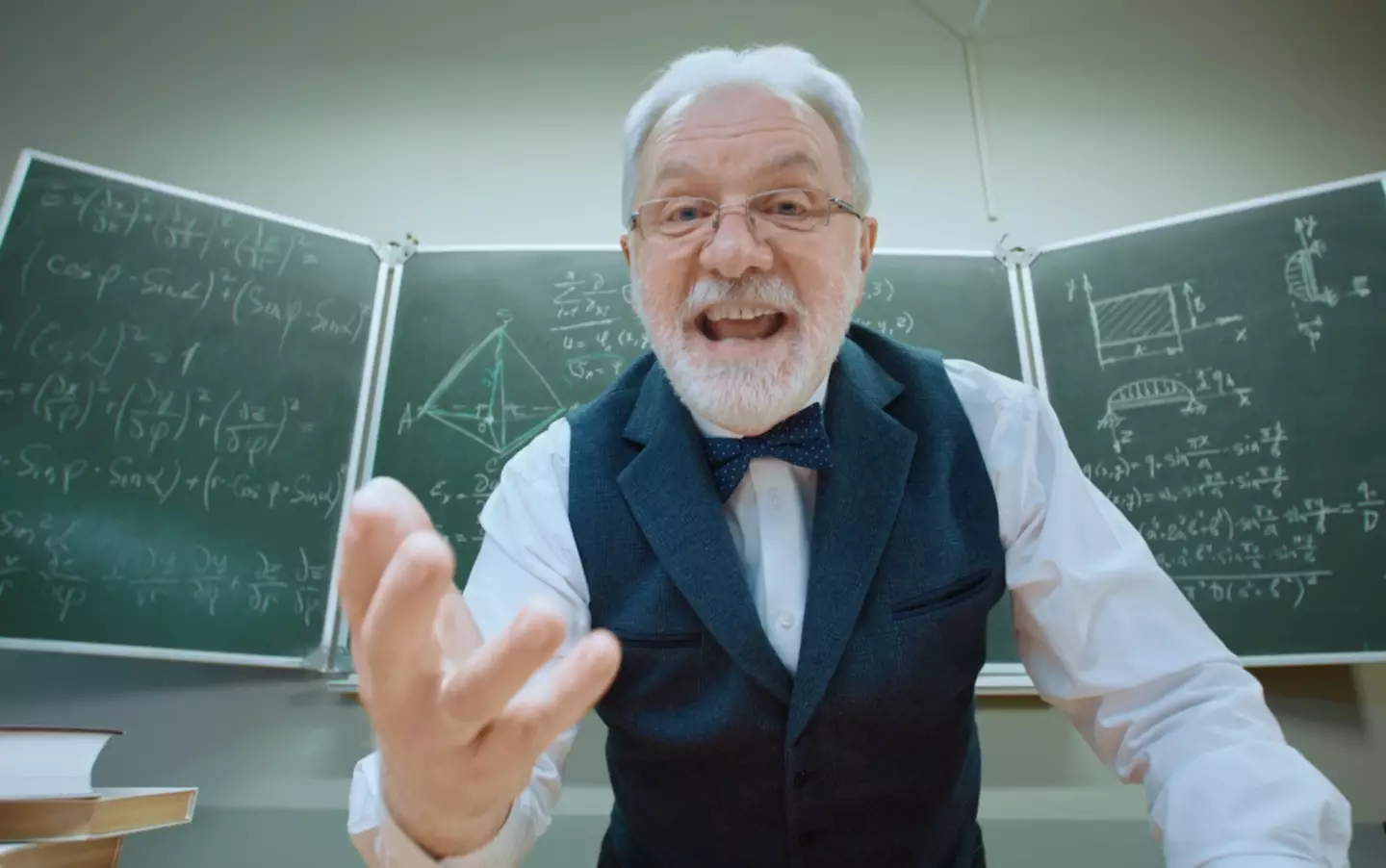A professor has developed a theory that sheds light on why many people, even as adults, harbor a dislike for math and struggle with it. This theory addresses the underlying issues.
Viveka Vaughn, an associate professor in the mathematics department at Spelman College in Georgia, conducts research focused on equity issues within the field of mathematics.
In an article, she delves into what she terms ‘math trauma’ and explores why more individuals than expected experience difficulties related to it.

In her analysis, Vaughn states: “Whenever I inform people of my occupation, they are animated with a look of joy or misery as they remember their feelings for math—and it’s usually the latter.
“They often regale me with stories of negative classroom experiences or encounters, usually involving a teacher embarrassing or ridiculing them in class.”
Vaughn elaborates that such instances of ridicule and embarrassment contribute to negative perceptions of math, affecting individuals’ abilities in the subject.
This phenomenon influences how well students, particularly children, perform in math classes.
She explains further: “For me, math trauma is an event (or a sequence of events) where an educator or another person of authority chooses to embarrass, scorn, or deride students for their mistakes rather than celebrate their courage.
“That math trauma is then triggered whenever they encounter a math problem or math conversation for the duration of their academic years. Even outside of school, they refuse to recognize daily habits such as balancing a checkbook, counting money, or estimating prices as practicing math.”

Before attributing your financial habits to ‘math trauma’, Vaughn notes that her article presents her perspective based on data and research related to the subject.
She also mentions that the Covid pandemic highlighted flaws within the educational system, emphasizing the lack of adequate support for students in subjects like mathematics.
Vaughn concludes with a call to action: “Let us not be the reason students feel deterred or traumatized from pursuing math or another STEM subject.
“We must encourage and acknowledge our students’ strengths whenever we can.”
